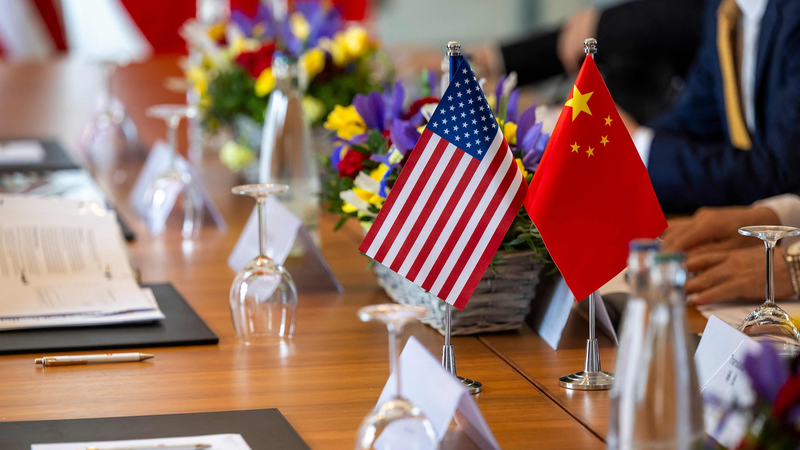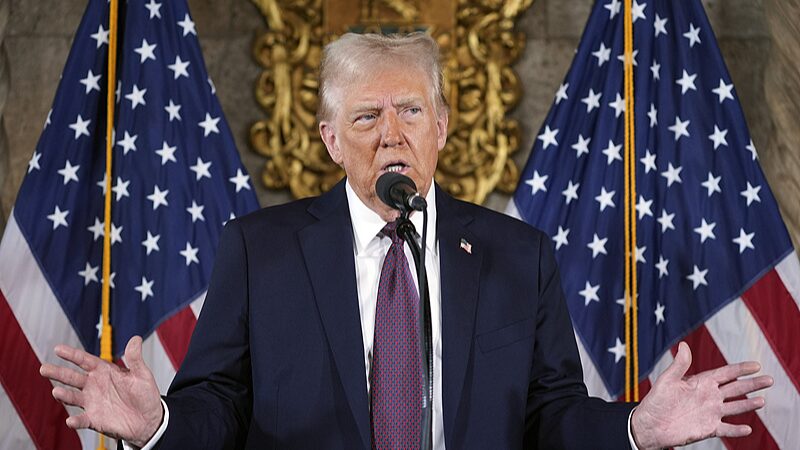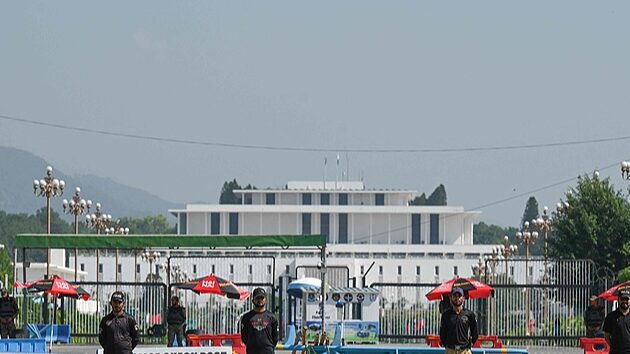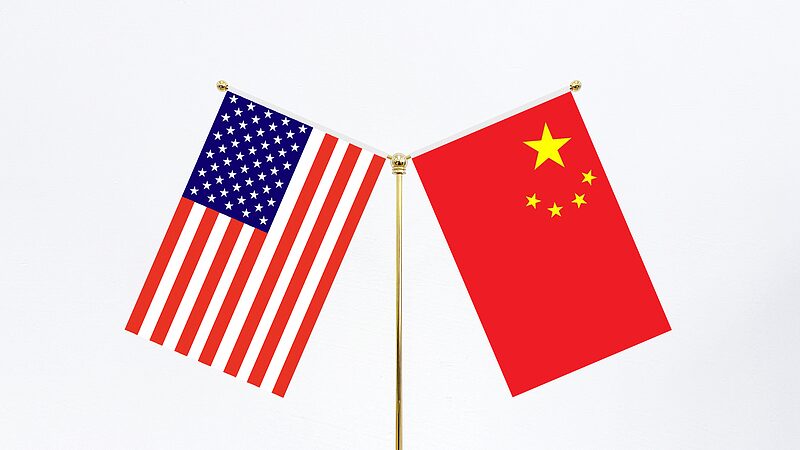The recent Munich summit provided a pivotal moment for analyzing the evolving dynamics between China and the United States during what many are calling the Trump 2.0 era. As global powers navigate a complex geopolitical landscape, the interactions and strategies discussed in Munich shed light on the future trajectory of Sino-American relations.
Sun Chenghao, a fellow at the Center for International Security and Strategy under Tsinghua University, offered profound insights into the discussions held during the summit. He emphasized the importance of diplomatic engagement and strategic partnerships in addressing mutual concerns such as trade imbalances, technological competition, and regional security challenges.
One of the key takeaways from the summit was the emphasis on maintaining open channels of communication to prevent misunderstandings and conflicts. Both nations recognize the significance of collaboration in tackling global issues like climate change and pandemic response, which require coordinated efforts.
Economically, the talks highlighted the need for fair trade practices and the reduction of barriers that hinder seamless economic interactions. Investors and business professionals are keenly observing these developments, as they have direct implications on market stability and growth opportunities in Asian markets.
Academics and researchers view the summit as a critical juncture for in-depth analysis of policy shifts and their long-term impacts on regional and global scales. The outcomes of Munich are expected to influence academic discourse and strategic planning in the foreseeable future.
For the Asian diaspora and global travelers, understanding the nuances of China-U.S. relations is essential in navigating cultural exchanges and international mobility. The summit's discussions provide a framework for anticipating changes that may affect travel advisories and economic ties.
As China and the United States continue to define their roles on the world stage, the observations from the Munich summit serve as a barometer for the prevailing sentiments and strategic directions that will shape global affairs in the coming years.
Reference(s):
Munich observations: China-U.S. relations in the Trump 2.0 era
cgtn.com







